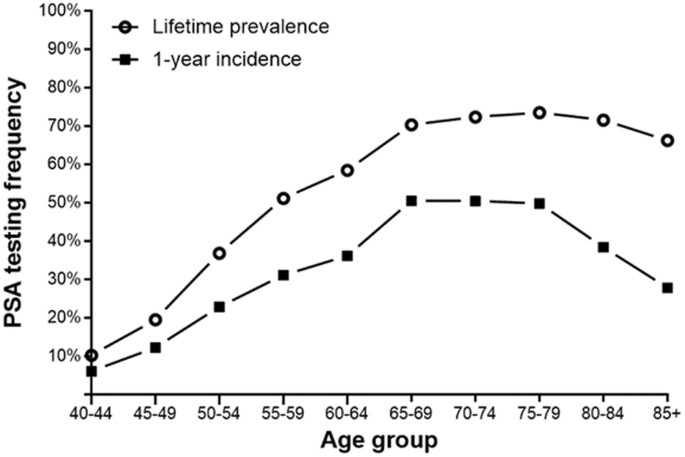Prevalence and determinants of shared decision-making for PSA testing in the United States | Prostate Cancer and Prostatic Diseases
Prevalence and determinants of shared decision-making for PSA testing in the United States | Prostate Cancer and Prostatic Diseases
Abstract
Background
Shared decision-making (SDM) is recommended for prostate-specific antigen (PSA) testing but appears underutilized. This population-based study assessed the prevalence and determinants of SDM for PSA testing among US men.
Methods
We assessed PSA testing rates and SDM engagement in men aged 40 and older without prostate cancer history using the 2019 National Health Interview Survey. SDM was defined as discussing the advantages and disadvantages of PSA testing with a physician. We used multivariable logistic regression with machine learning to identify factors associated with lack of SDM.
Results
Among 9723 eligible participants (mean age 58 years), lifetime PSA testing prevalence was 45.9% and the 1-year testing incidence was 29.1%. Only 24.1% reported engaging in SDM with a physician, while 62.9% never discussed PSA testing. Younger age and lower education levels were the primary determinants of decreased SDM engagement. Men with less education engaged in SDM less than half as often as those with higher education levels across all age groups.
Conclusions

This is a preview of subscription content, access via your institution

Comments
Post a Comment